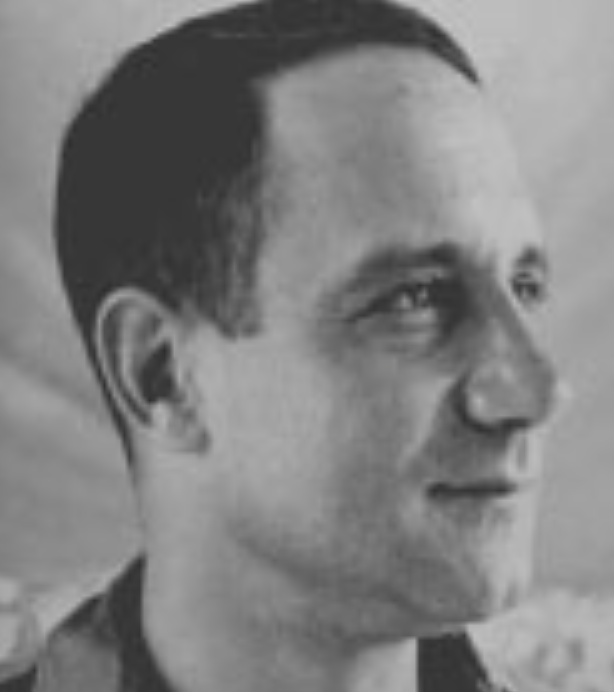
LIEUTENANT COLONEL COLIN KHAN DSO., AM.
27 NOVEMBER 1967 ~ 30 JUNE 1970
Brigadier Colin Khan DSO graduated as a Lieutenant from the Royal Military College, Duntroon, in December 1951 and was allotted to the Royal Australian Infantry.
He served in the Korean War as a Platoon Commander with 1st Battalion Royal Australian Regiment. Lieutenant Khan's platoon, occupying a forward defensive position, was heavily bombarded by enemy mortar and artillery fire during which he, with his leadership qualities and example, kept up the spirits of his men. He also led eight fighting patrols during which he displayed outstanding leadership and control. On the night of 10/11 November 1952 Lieutenant Khan led a fighting patrol during which he was severely wounded in action from penetrating machine gun wounds to the chest. His wounds led to the loss of his right lung. For his actions in Korea, Lieutenant Khan was mentioned in despatches.
He served in a number of training, command and staff postings in the ensuing years including Guard Commander of the Australian Coronation Guard at Buckingham Palace in 1953-4, instructor at the School of Infantry, Seymour, instructor at the Royal Military College, attendance at the Staff College, Kingston in Canada, Company Commander 2 RAR and Commander of Murray Barracks Garrison in Papua New Guinea. In 1968 he was appointed as Commanding Officer 5 RAR and had the immediate task of rebuilding the battalion to full strength and training it for active service in South Vietnam. Known to his men as "Genghis", he arrived in South Vietnam on 6th February 1969.
For his outstanding aggressive leadership, his drive, inspiration and enthusiasm, coupled with dedication and meticulous planning, Lieutenant Colonel Khan was awarded the Distinguished Service Order. Under his command the "Tiger" Battalion became a tenacious combat unit, demonstrating a high degree of flexibility and a capacity for rapid response to constantly changing tactical situations.
His citation continues:
Lieutenant Colonel Khan's skilful use of intelligence, rapid appreciation of situations, and sound tactical ability has resulted in the disruption of many enemy operations, and the destruction of a large number of installations. On one occasion the careful planning, co-ordination and execution of his task resulted in the interdiction of an enemy military region headquarters causing it to redeploy approximately thirty kilometres, thus seriously affecting the enemy's ability to conduct operations. On another occasion his sound leadership and drive resulted in the destruction of a district guerrilla organization. In the Hat Dich Secret Zone the battalion has located and destroyed in excess of one thousand bunker systems and numerous weapons and food caches. On all operations the battalion has acquitted itself in an exemplary manner.
Throughout this period of continuous operations Lieutenant Colonel Khan's spirit of aggression, courage under fire and resolute leadership have been an inspiration to his battalion and all who have served with him. He has welded his unit into an efficient and viable fighting organization, which reflects great credit on himself, his Regiment and the Australian Army.
Clearly, his citation was written before the Battle of Binh Ba, as it could have added:
By his aggressive and skilful leadership and coordination of a combined infantry, armoured, artillery and aerial force, a large enemy contingent of North Vietnamese regulars with Viet Cong support was defeated in a vicious battle lasting over two days. The Battle of Binh Ba ranks as one of the major military victories of the Australian force in Vietnam.
Lieutenant Colonel Khan's command of 5RAR ended in 1970 after which his postings included Military Assistant to the Chief of the General Staff, Defence Attaché to Laos (1973-76), Commandant Land Warfare Centre, Canungra, and Deputy Chief of Army Reserve and Director of Defence Recruiting.
In 1986 he retired from the Australian Army with the rank of Brigadier, and then served for ten years with the Australian Federal Police as Director of Careers Development and Assessment. From 1996 to 2001 he was a consultant to the NSW Police Service.
